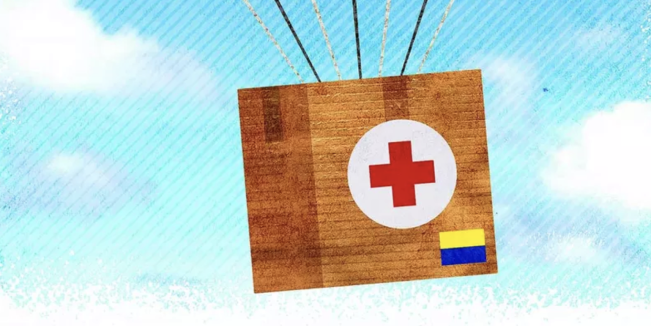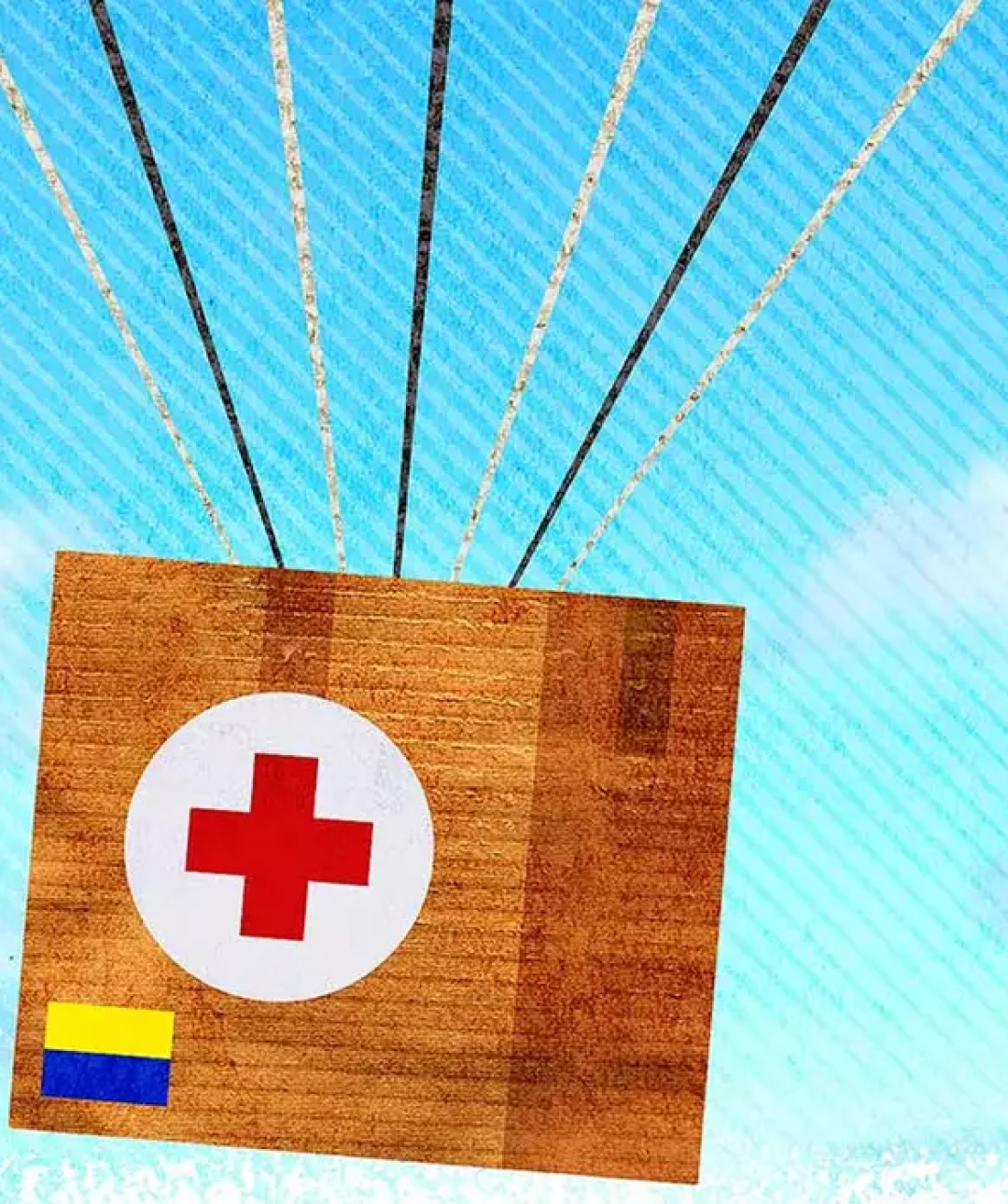

By Elle Ota
The town of Chasiv Yar is 3 miles from Bakhmut, the frontline city where Ukrainians are slowly repelling the invading Russian army. Chasiv Yar once had a population of over 10,000. Today, virtually every building has been hit by artillery or missiles. Rooftops are caved in, and exteriors are charred. There’s no running water, no electricity.
Even more unsettling than the constant sound of artillery is that civilians are still living here and all along the front lines in towns and villages like it. Many are older adults who refuse to leave — they say if they could survive Stalin, they can survive this — but some are younger and have no option.
Last month, I visited Chasiv Yar and five other villages along the front lines in the Donetsk region with Renegade Relief Runners. The Ukraine-based 501(c)(3) organization, known as 3xR, is focusing on delivering aid to isolated villages cut off from the main humanitarian corridors.
World Humanitarian Day is designed to reinvigorate the news of humanitarian crises worldwide, including the war in Ukraine, where Russian dictator Vladimir Putin and his army frequently target civilians, bomb schools and hospitals, and use land mines to terrorize the local population.
But there’s a fundamental problem with how the international community thinks about humanitarian aid, which then affects the organizations we choose to support. What has become overwhelmingly clear is that we need to start prioritizing grassroots organizations and civil society over the United Nations and other large international organizations.
Elle Ota is a Program Officer at the Human Rights Foundation.
Join us in helping save lives and stand up to tyranny.

Reach out with any questions or support needs.
Become part of our mission-driven team.
Find answers to commonly asked questions in our FAQs.
Hit enter to search or ESC to close